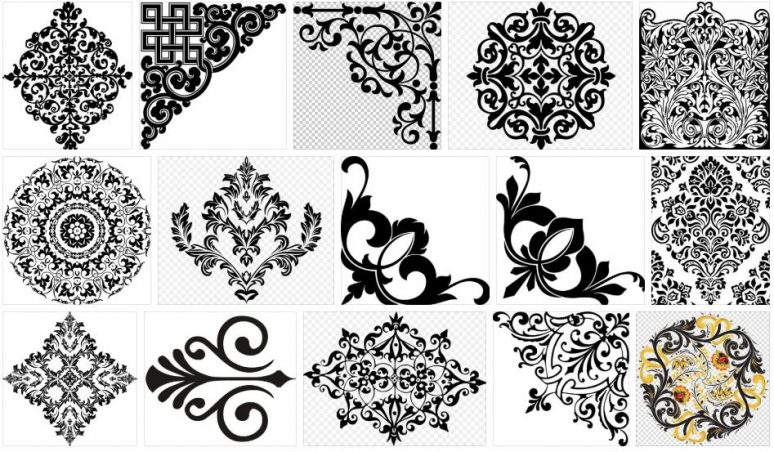Although there are different theories about the etymological origin of the term ornament, it seems that it could be found in Latin. Specifically, in the verb “ordinare”, which is equivalent to “putting everything in its place”.
An ornament is a decorative object. Its function is to provide beauty to improve the appearance of something. For example: “Do you like the decoration I bought for the living room? It is made of glass ”, “ Yesterday, playing with a ball, Juan broke an ornament that my grandmother had given me ”, “ I think I am going to put decorations on the top shelf of the cabinet ”.
It is important to note that the ornaments lack a practical function: they cannot be used, but are only placed somewhere with an aesthetic intention. A wooden sculpture, a closeup with a photograph, a vase or a painting are decorations. According to the characteristics of the object in question, it is possible that the element is considered a work of art, transcending the meaning that is given to a simple ornament.
Perhaps the best known and most popular decorations are the so-called Christmas decorations that, as the name suggests, are placed in houses, buildings, streets, and other spaces when the Christmas holidays are held. Their objective is none other than to create the perfect Christmas atmosphere so that they can be enjoyed more and better.
Specifically, within this category they would be found from the birth to the tree through the garlands that are placed on the doors, the mistletoe on the door lintels or the balls and stars that are placed on the tree itself.
The expression “of decoration”, on the other hand, is used to name those or those who are in a certain space without fulfilling a function: “It seems to me that I am decorative in this company: I have no tasks to perform or obligations to fulfill “, ” Children, the teacher is not ornaments if they have questions, they can consult it “.
In the field of music, an ornament is a note that is not essential to maintain harmony or to develop the melody. Its inclusion, in this way, is ornamental.
Adorno, finally, can be a last name. Theodor Adorno (1903-1969) was a famous philosopher, sociologist, and communicator who was part of the so-called Frankfurt School.
This figure is also considered to have played an essential role in Marxist-inspired critical theory and bequeathed us a long list of works that have become basic pillars of education, psychology or sociology, for example. Among the most significant we can highlight “Education for emancipation”, “Dialectic of the Enlightenment”, “Early philosophical writings” or “Criticism of culture and society”.




